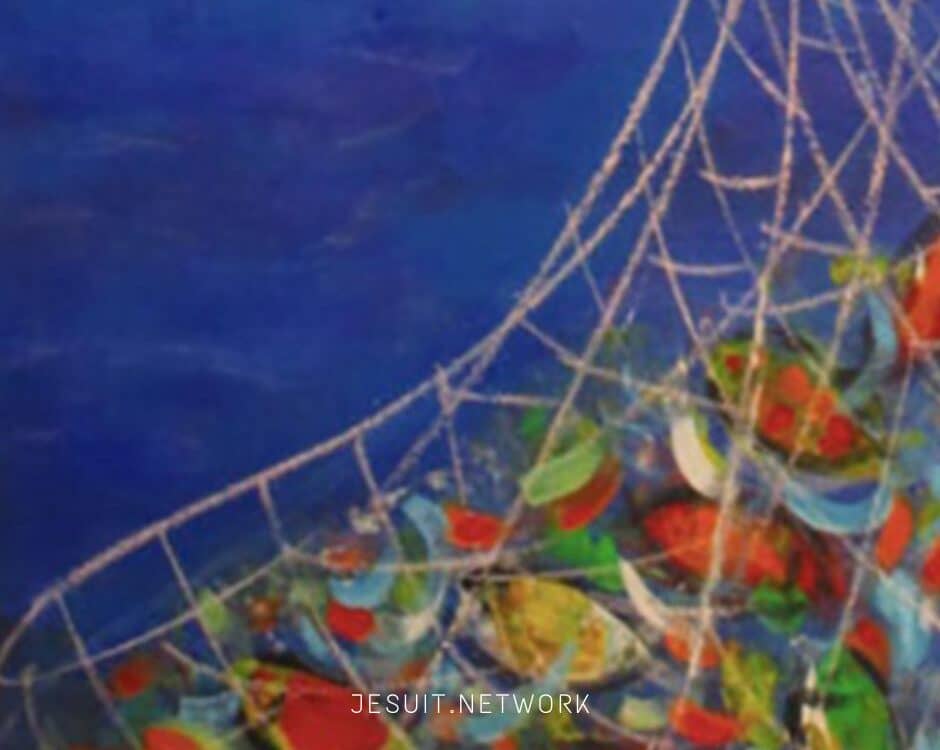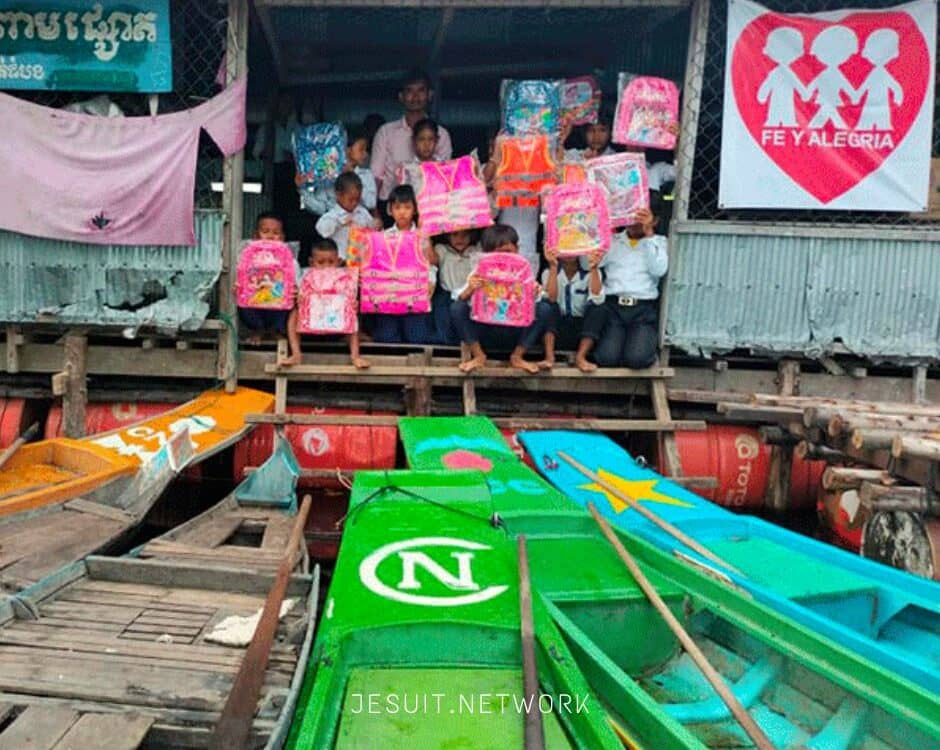This website uses cookies so that we can provide you with the best user experience possible. Cookie information is stored in your browser and performs functions such as recognising you when you return to our website and helping our team to understand which sections of the website you find most interesting and useful.
Why should Europe welcome refugees?
For more than a year now in Europe we have been talking about the “refugee crisis.” But in fact there is not a refugee crisis as such, but in reality, a lack of leadership and political will in Europe to successfully meet a given situation. As stated by UNHCR, in the last year, the forcibly displaced population (refugees and internally displaced people) has increased to almost 60 million people around the world, the highest figure since World War II. But the bulk of the nearly 20 million people who have crossed the borders of their country fleeing war and violence, are in neighboring countries especially in Lebanon, Turkey and Jordan…not in Europe.
During 2015, more than a million people fleeing war, violence and hunger have reached Europe. It is a significant figure, but not so much when compared with other much poorer and less populated host countries. And, of course, in the 28 countries of the Union, with a population of more than 500 million people, there is more than enough capacity to welcome and integrate the refugee population. However, successive meetings of European leaders have shown a lack of political will to reach agreements and implement them. Of the 160,000 people who European leaders agreed to host from member states under particular pressure, a little over 1000 have hardly been resettled or relocated. Failure is outright.
[pullquote align = “left or right”] During 2015, more than a million people fleeing war, violence and hunger have reached Europe.[/pullquote]
Reasons why to host refugees
The most important reasons why Europe must face with humanity, solidarity and courage the situation of the refugee population are:
– Loyalty to the values and principles of the European Union. The European Union is based on fundamental values such as human dignity, freedom and solidarity and is based on the principles of democracy and the rule of Law. But these values become empty words when we see thousands of people fleeing war, undertaking increasingly dangerous journeys, perishing in the attempt or, at best, being crowded into subhuman conditions in camps in Greece – now converted into detention camps – or deported to Turkey. Inaction or the increasingly coercive and inhuman measures take us away from these principles and dehumanize us as societies.
– Justice and compliance with international law. Among other texts signed by the Member States of the European Union the right to asylum is enshrined in the Universal Declaration of Human Rights, the 1951 Geneva Convention and the European Charter of Human Rights. We simply cannot ignore these agreements when it suits us. The European Union and Turkey agreement – qualified in a statement by Entreculturas and other entities of the Catholic Church as dehumanizing, discriminatory and limitative – slips dangerously towards illegality and leads us to think that human rights can be openly infringed within the territory of the European Union.
For an economic and practical issue. As highlighted by several economists and evidenced in several reports, the reception of refugees will bring numerous benefits to the aging European population, contributing to the payment of pensions. In the short term, the costs of services provided by European countries to refugees will have a tax burden on their budgets. However, according to a study by the International Monetary Fund, this expense will increase aggregate demand, causing an increase in the GDP of the European Union by 0.1% in 2017. For countries that are final destination, such as Germany, Sweden and Austria, it is estimated that their GDP will increase between 0.5 and 1.1% in 2020. The reception of refugees is an opportunity from the economic point of view, if rapid integration and employment of the refugee population is provided and the risk of social exclusion is limited.
Consequences
The consequences of this crisis, combined with other recent issues within the European context, are being felt very clearly. First, there is some feeling of “failure” of the European project – we are not able to resolve a situation for which we should have enough capacity but that is beyond us. But also, those values such as the fulfillment of rights, freedom, justice, solidarity and the Rule of Law that are part of European identity are being replaced by a culture of “every man for himself” which increases mistrust and the sense of fracture between member states. What has happened to the humanist, defender of human rights, democratic and free Europe? Pope Francis cried upon receiving the Charlemagne Prize. The lack of a responsible assumption for the fate of refugees, the closure of borders, the signing of the agreement between the European Union and Turkey are certainly disturbing and linked to other measures such as confiscation of property or the dangerous equation “refugee-Muslim-terrorist” contribute to a growing criminalization of the refugee population who are the ones running away from terror, war and hunger.
Hence, can we be surprised that there are more and more people asking what the European project is for? Should we be surprised by the growth of nationalism or of Eurosceptic parties, in many cases aligned with anti-immigration currents? Are we not sowing fear, uncertainty and distrust through racist and xenophobic rhetoric?
Solutions and proposals
The solution of the crisis in Europe is to be faithful to our values and principles, strengthen our identity and create a European citizenship around this shared identity. We must provide solutions to global issues, such as human mobility. The drift caused by the closure of borders and the taking away of rights that is engulfing Europe must be urgently halted. We should actively contribute to protecting the rights and dignity of refugees and migrants arriving to Europe. We must address the causes of violence, war and displacement and work to resolve conflicts. We must create a common asylum system, open safe and legal access avenues, invest in humanitarian aid and development cooperation and create a culture of hospitality in European host societies, combating outbreaks of xenophobia and racism. Many Jesuit organizations, experienced in supporting, defending and accompanying refugees and migrants have come together in Spain and Europe to launch the campaign called Hospitality, which aims to advocate, raise awareness, and accompany/host refugees. Recently, they launched the initiative entitled #YoSoyTierraDeAcogida to demand that political representatives ensure protection and accompaniment for the refugee population immediately.
We owe this to refugees, of course. But ultimately, we also owe it to ourselves. We are many, maybe even a majority, who, like Pope Francis, dream of- and demand- “a Europe that promotes and protects the rights of everyone without forgetting the duties to everyone. A Europe where it cannot be said that its commitment to human rights is a utopia.”
Original article published on Euroefe.Euractiv.es





